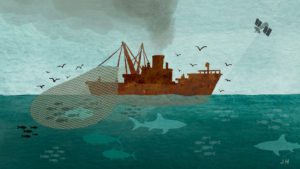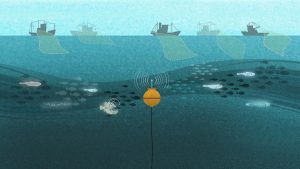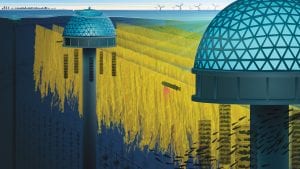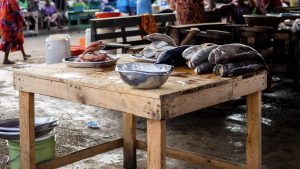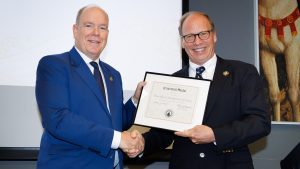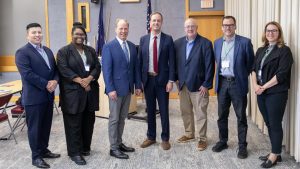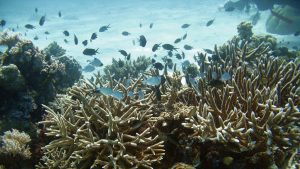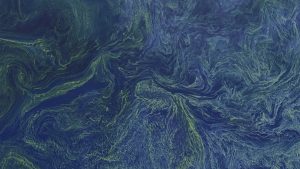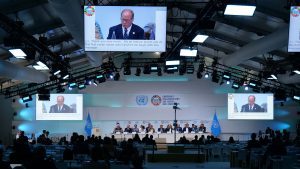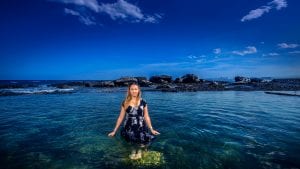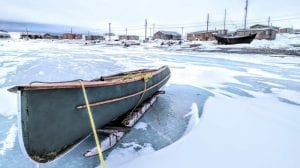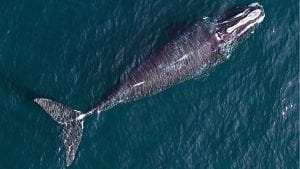Research Highlights
WHOI in the News
Viviane Menezes, a marine scientist at the Woods Hole Oceanographic Institute in Massachusetts, has described the Red Sea as being like a “big lagoon” with “everything connected.” An oil spill at any time of year would be disastrous, she says, but seasonally variable weather and tidal patterns make contingency planning difficult. In the summer, Red Sea currents would drag an oil slick south, threatening Eritrea and Djibouti, and potentially entering the Gulf of Aden. In winter, circular currents would swirl more of the oil north.
Scientist hopes his smart system can reduce ship collisions with North Atlantic right whales. A new technology on the horizon may help to reduce one of those threats, however.
By definition, science seeks to avoid bias, remain independent, refute falsehoods, and seek answers based on evidence, reason, and consensus. An editorial writen by Peter de Menocal and Richard W. Murray.
MPC Research Specialist, Hauke Kite-Powell, has recently been appointed to a National Academies of Sciences, Engineering, and Medicine committee to study U.S. contributions to global ocean plastic waste.
Oceanus Magazine
News Releases
Developing countries pay less for the nutrition in seafood imports than developed countries
Award takes place at United Nations Ocean Conference, underscoring the need for global action in the protection of our oceans
Woods Hole is stop on state-wide climate innovation road show
Research led by Woods Hole Oceanographic Institution predicts lower fishing yields as corals struggle to survive
WHOI and partners pen Baku Declaration, emphasizing the need for ocean observatories to meet climate and biodiversity goals at COP29
News & Insights
WHOI President & Director Peter de Menocal (second from left) addresses the first Ocean Action Panel to open the UN Ocean Conference in Nice, France. (Photo by Ken Kostel, ©Woods Hole Oceanographic Institution) WHOI staff also appeared on panels as…
Harriet Harden-Davies has spent more than 10 years working in the marine policy arena and is now aiding in major U.N. negotiations on laws governing the high seas
WHOI has teamed up with Greentown Labs and Vineyard Wind to launch the Offshore Wind Challenge. The program, which is also partnering with New England Aquarium, calls on entrepreneurs to submit proposals to collect, transmit, and analyze marine mammal monitoring data using remote technologies, such as underwater vehicles, drones, and offshore buoys.



